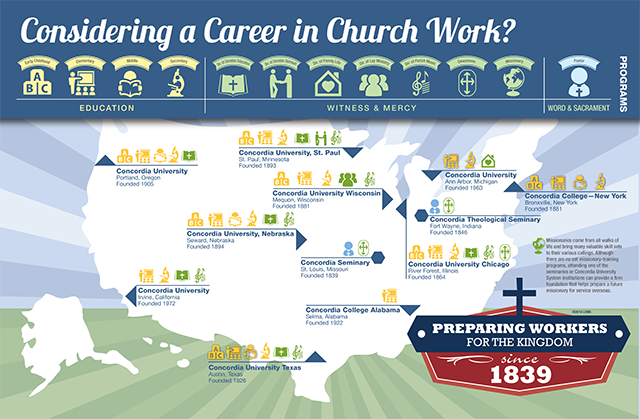Look Into The Impressive Development Of Catholic Colleges And Their Significant Function In Education And Learning-- Do Their Traditions Offer A Pathway To Future Discovering?
Look Into The Impressive Development Of Catholic Colleges And Their Significant Function In Education And Learning-- Do Their Traditions Offer A Pathway To Future Discovering?
Blog Article
Authored By-Ahmed Bell
When you take into consideration the history of education, Catholic colleges stand apart for their deep-rooted traditions and long lasting influence. These organizations began as a means to infuse belief and values, yet they've adjusted incredibly over centuries. Today, they play a crucial duty in shaping not simply academic success but likewise moral integrity. What's fascinating is just how they have actually taken care of to thrive amidst altering social landscapes, raising questions regarding their future importance and effect.
The Beginnings of Catholic Education: A Historical Viewpoint
Catholic education traces its roots back over 1,500 years, when very early Christian communities identified the demand for organized knowing. You'll discover that these neighborhoods aimed to pass on their confidence and values with education and learning.
Monasteries and basilica schools became centers of learning, supporting both spiritual and intellectual growth. As you delve deeper, you'll see that the curriculum usually included philosophy, theology, and the liberal arts, created to form versatile individuals.
Over time, the Church established more formal institutions, making certain that education and learning continued to be easily accessible to all. read on to teaching moral worths and promoting a feeling of area has actually lingered through the centuries, shaping the instructional landscape and influencing many lives worldwide.
This long-lasting tradition remains to influence Catholic education today.
The Development of Catholic Institutions Through Social Contexts
As societies advanced, so did the role of Catholic institutions, adapting to the social contexts in which they existed. In the very early years, these organizations focused largely on religious direction, yet as areas branched out, they started to include local languages, customizeds, and educational requirements.
You would certainly observe that Catholic schools frequently came to be centers for social communication, cultivating a sense of belonging among students from various histories. In https://laurence-kera59vernice.technetbloggers.de/the-future-of-catholic-education-and-learning-forming-to-conquer-modern-difficulties of areas, they addressed social problems, such as poverty and discrimination, by supplying accessible education for all.
As you explore various cultures, you'll see just how Catholic colleges have changed their curricula and teaching methods, mirroring the values and difficulties of their atmospheres while holding to their fundamental objective of belief and academic excellence.
The Modern Role and Influence of Catholic Schools in Society
In today's world, Catholic institutions play a crucial duty fit not just the educational landscape, yet likewise the broader community.
You'll discover that these organizations stress values like regard, empathy, and social justice, cultivating well-rounded individuals who contribute positively to culture. By focusing on academic excellence and ethical advancement, Catholic colleges prepare pupils for future obstacles, supporting critical thinking and management abilities.
They commonly offer varied populaces, linking voids in access to top quality education. Additionally, you might notice their dedication to service, urging students to participate in area outreach and volunteer job.
This mix of education and ethical advice makes Catholic schools a considerable pressure, cultivating responsible residents that can influence their communities for the better.
Conclusion
Finally, Catholic schools have an abundant history that's shaped their long-lasting impact on society. You have actually seen how they've adjusted to numerous social contexts while keeping a dedication to faith, values, and scholastic excellence. Today, they remain to play a crucial function in promoting neighborhood, advertising social justice, and nurturing liable citizens. As you review their heritage, it's clear that Catholic colleges remain a powerful pressure for positive change in the world.
